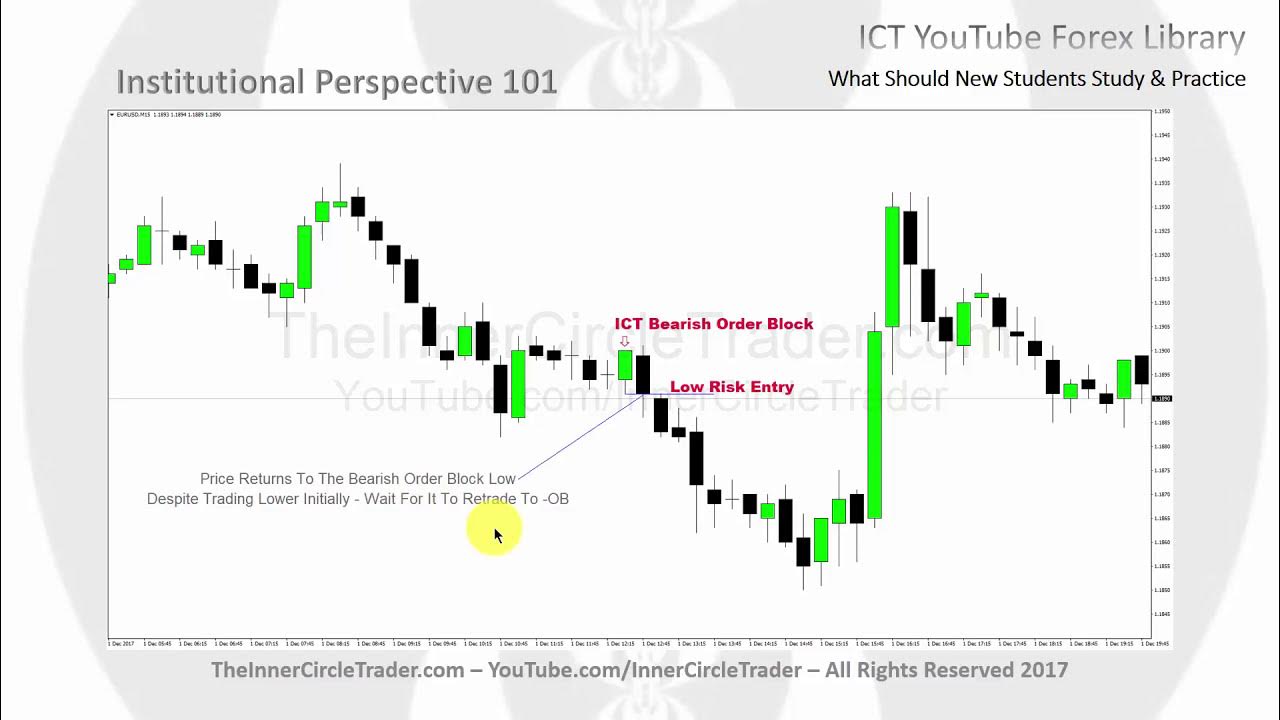Exploring Solutions for Improving Estimation Accuracy in Offline Reinforcement Learning
This video discusses classic offline reinforcement learning methods and explores potential solutions to improve estimation accuracy.
00:00:01 This lecture discusses classic offline reinforcement learning methods, including value-based and importance sampling based approaches for policy gradient estimation using samples from a different policy.
📚 Classic offline reinforcement learning methods predate DPRl techniques and provide a historical perspective on batch RL or offline RL.
🔎 Important sampling based methods are discussed in the lecture for offline reinforcement learning.
📊 The problem with important sampling is that the weights become degenerate as the number of probabilities increases.
00:03:42 This video discusses the challenges of using importance sampling in offline reinforcement learning and explores potential solutions to improve estimation accuracy.
🔑 The variance of the estimator in offline reinforcement learning is exponentially large, requiring exponentially many samples for an accurate estimate.
💡 In practical offline reinforcement learning methods, important sampling can be used by dropping the probability terms for earlier time steps if the policies used for data generation and policy improvement are similar.
🤔 The importance weight can be separated into two parts: one accounting for the difference in probability of reaching a given state and the other accounting for the difference in rewards. Disregarding the first part can be a reasonable approximation if the policies are close enough.
00:07:26 This lecture discusses the concept of importance weighting and how to reduce variance in offline reinforcement learning through techniques such as multiplying action probabilities only from t to t prime. It also introduces the idea of the doubly robust estimator.
📝 Importance weight is used to calculate the sum of rewards in offline reinforcement learning.
💡 Actions in the future don't affect rewards in the past.
⭐ To avoid exponentially exploding importance weights, value function estimation is necessary.
00:11:09 This video explains offline reinforcement learning, focusing on the concept of important sampling and the derivation of doubly robust estimation.
📝 The video discusses the calculation of the product of rows and gammas in offline reinforcement learning.
🔁 A recursive equation, v bar t+1 - t = rho t * rt + gamma * v bar t, is introduced as an important sampling estimator of v pi theta s zero.
🔄 Doubly robust estimation is easier to derive in the case of a bandit problem and provides the intuition for the multi-step case.
00:14:51 This video discusses offline reinforcement learning and introduces the doubly robust estimator for both single-step and multi-step problems.
📚 Offline reinforcement learning involves estimating the value of a bandit by multiplying rewards with importance weights.
💡 Using function approximation, a neural network can be trained to estimate the value function and improve the accuracy of the guess.
🔄 The doubly robust estimator combines importance weighted rewards, estimated function approximation, and expected values to reduce variance.
00:18:32 Lecture 15, Part 2: Offline Reinforcement Learning - Learn about off-policy value evaluation, marginalized importance sampling, and solving consistency conditions for importance weights.
📚 The video covers the doubly robust off-policy value evaluation, which is a method for estimating values in reinforcement learning.
🔍 Marginalized importance sampling allows for importance sampling with state probabilities, which can be used for off-policy evaluation.
💡 Determining the state or state action importance weights is the main challenge in this method.
00:22:14 CS 285 Lecture 15, Part 2: Offline Reinforcement Learning. This video discusses the concept of marginalized importance sampling and its application in off-policy evaluation and batch reinforcement learning.
📚 Offline Reinforcement Learning involves optimizing state-action marginals using samples from the data set.
🔄 The probability of seeing a state-action pair under the policy is determined by the probability of starting in that state-action pair and the probability of transitioning into it from another state.
⚙️ Solving for the state-action marginals involves a fixed point problem and can be expressed as an expected value under a certain distribution.
You might also like...
Read more on Science & Technology
Entrevista a Giacomo Rizzolatti, descubridor de las neuronas espejo | Ezequiel Mikulan (TECtv)

ChatGPT: Your Personal Cyber Security Tutor

"Yo no me siento al lado de un negro" | Gente Maravillosa

Snack Attack | Animated Short Film

ICT Forex - What New Traders Should Focus On

El teatro: definición, orígenes, características, elementos y estructura